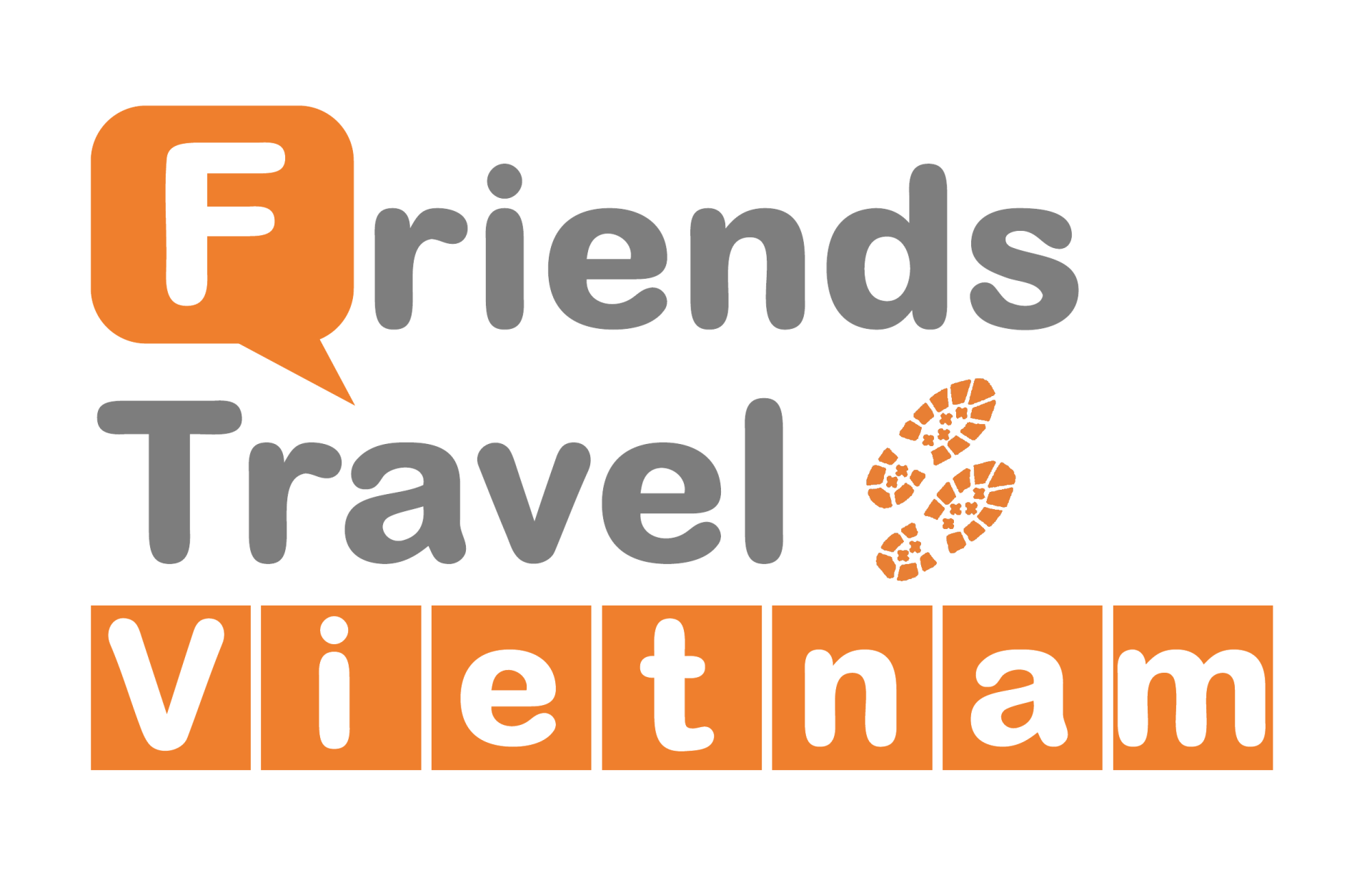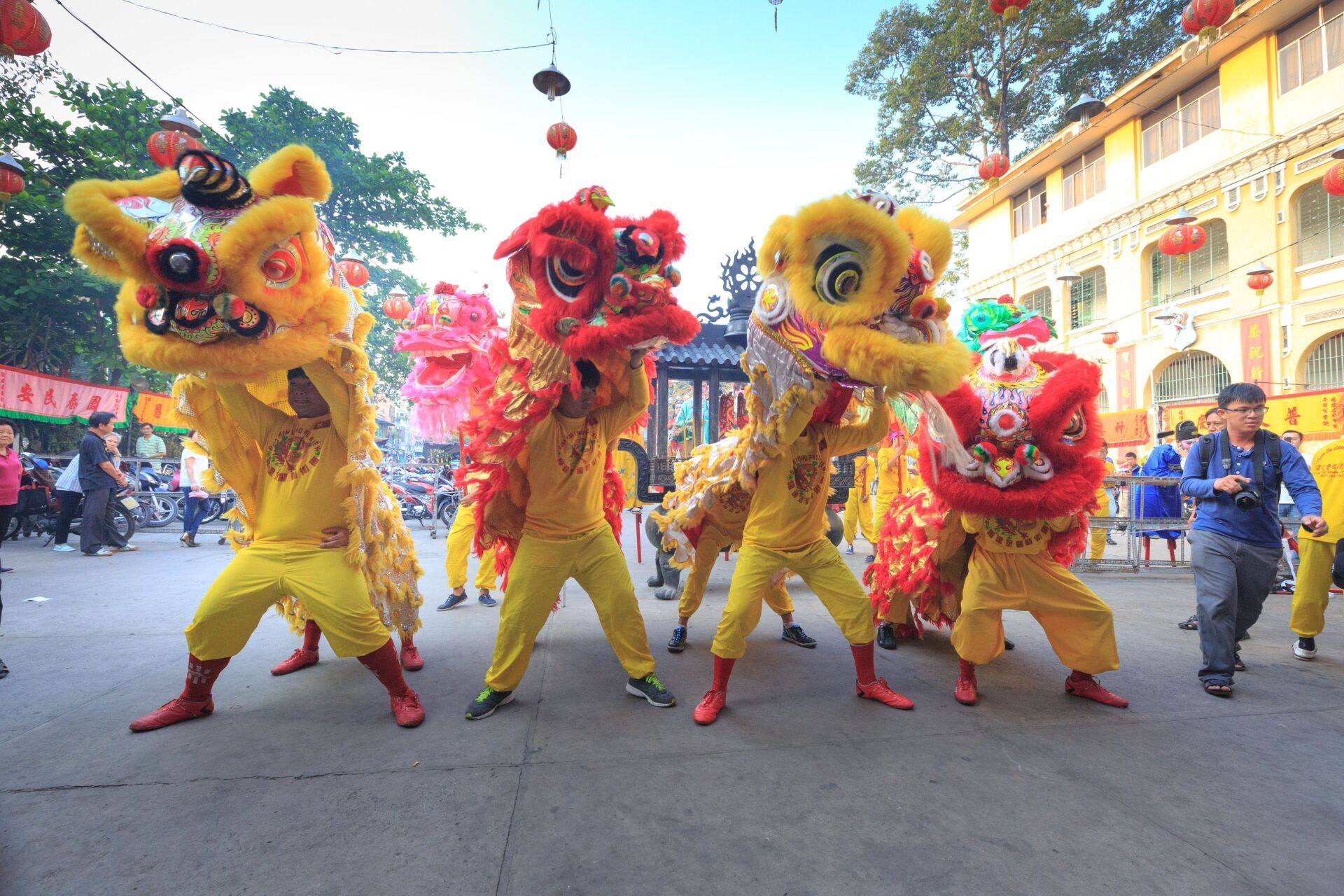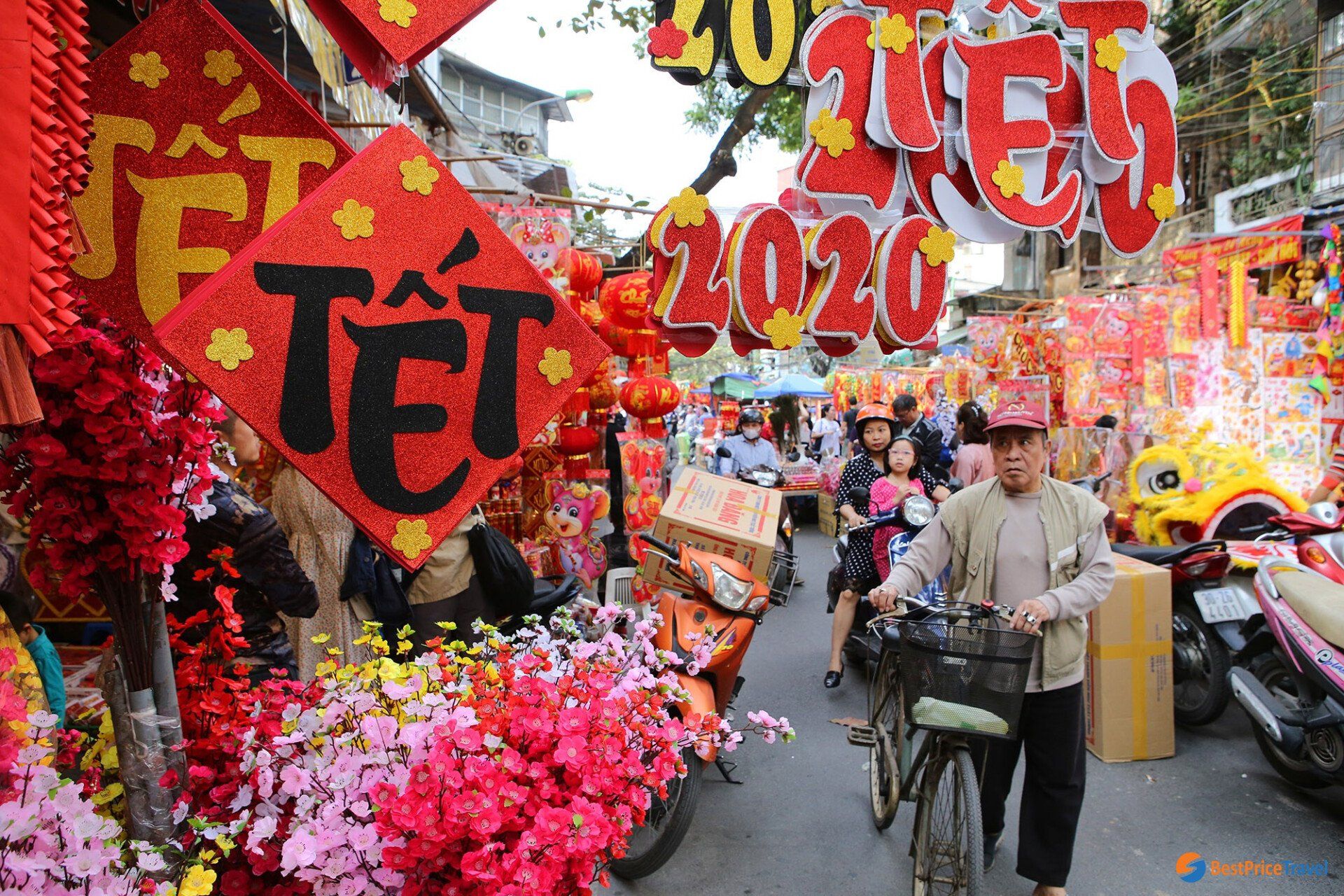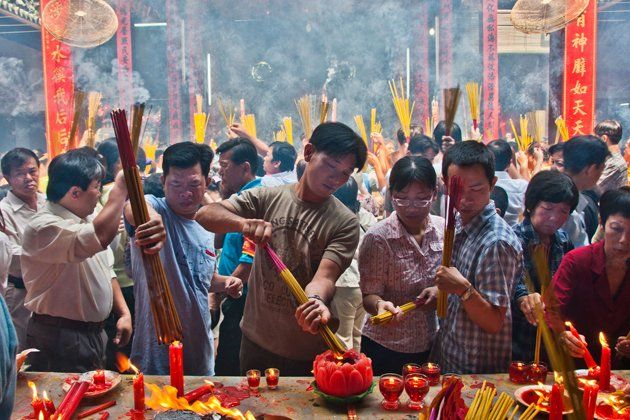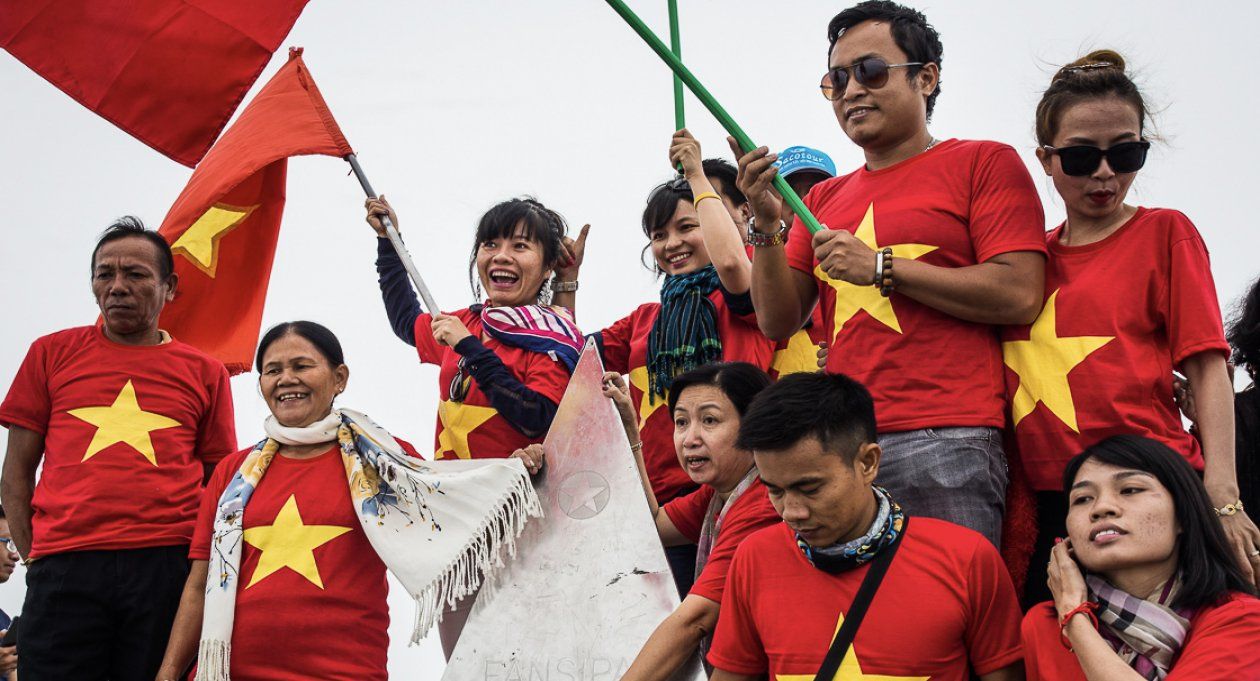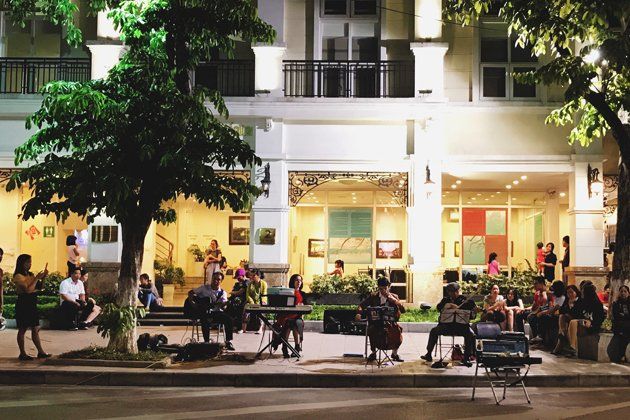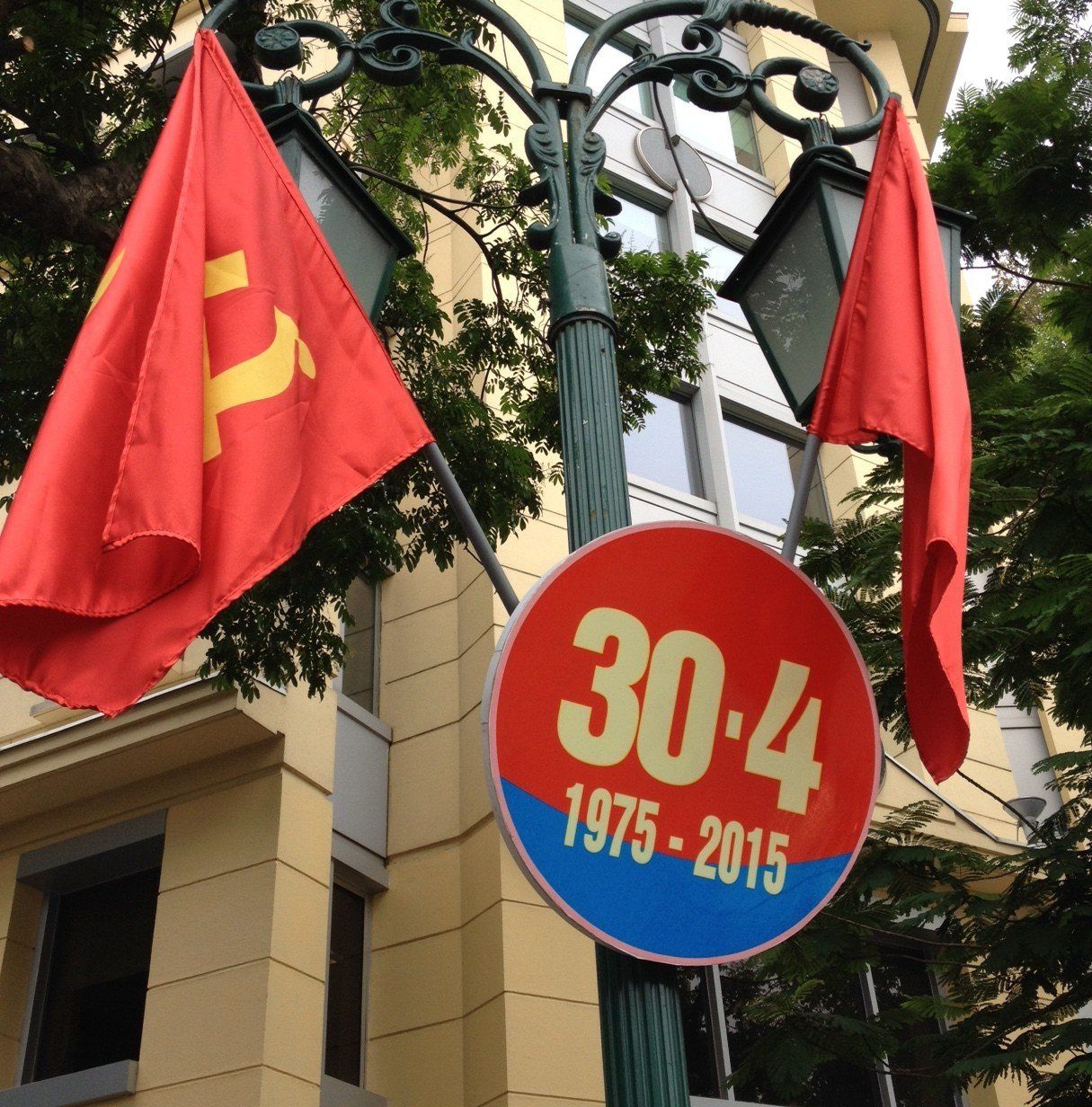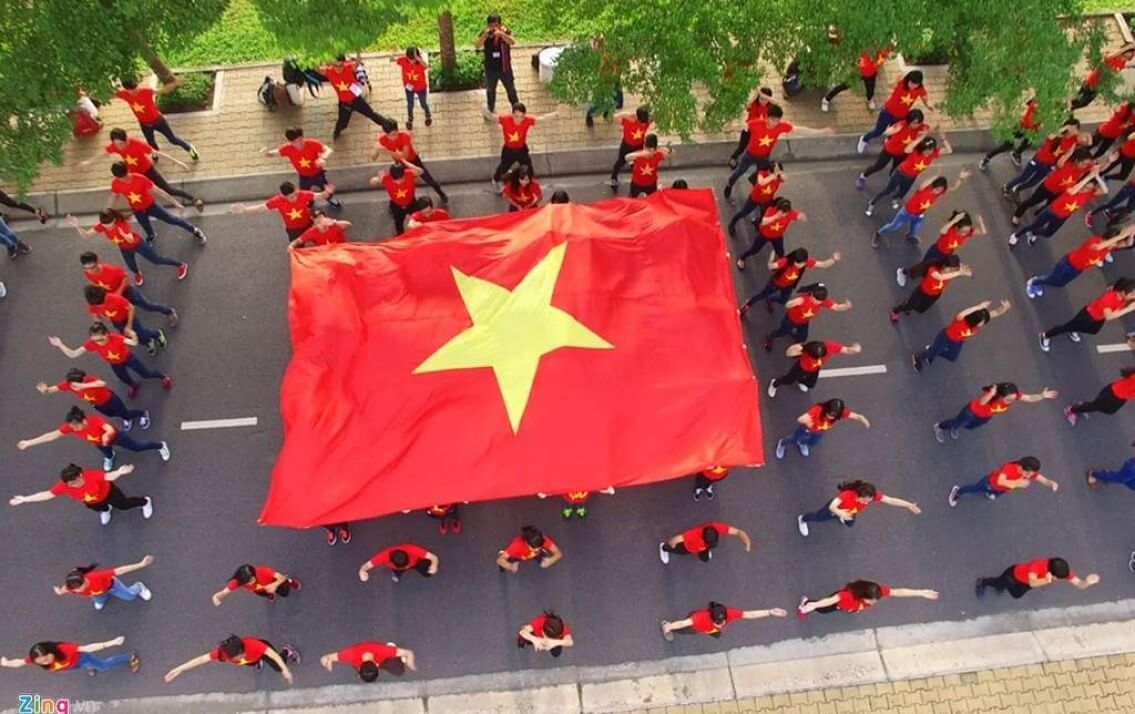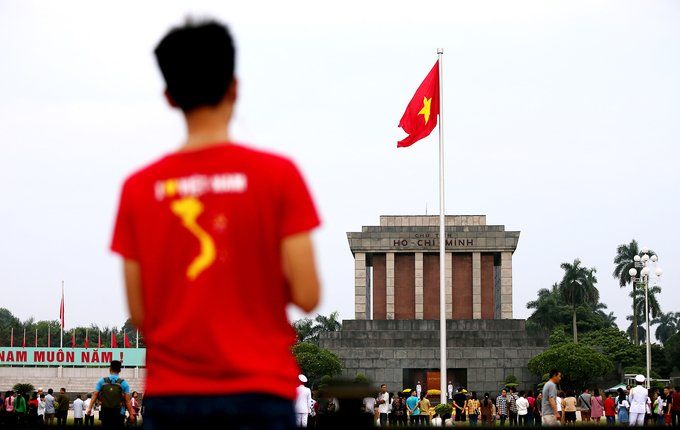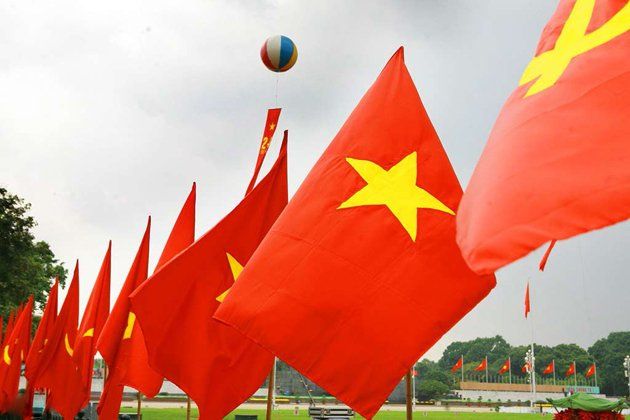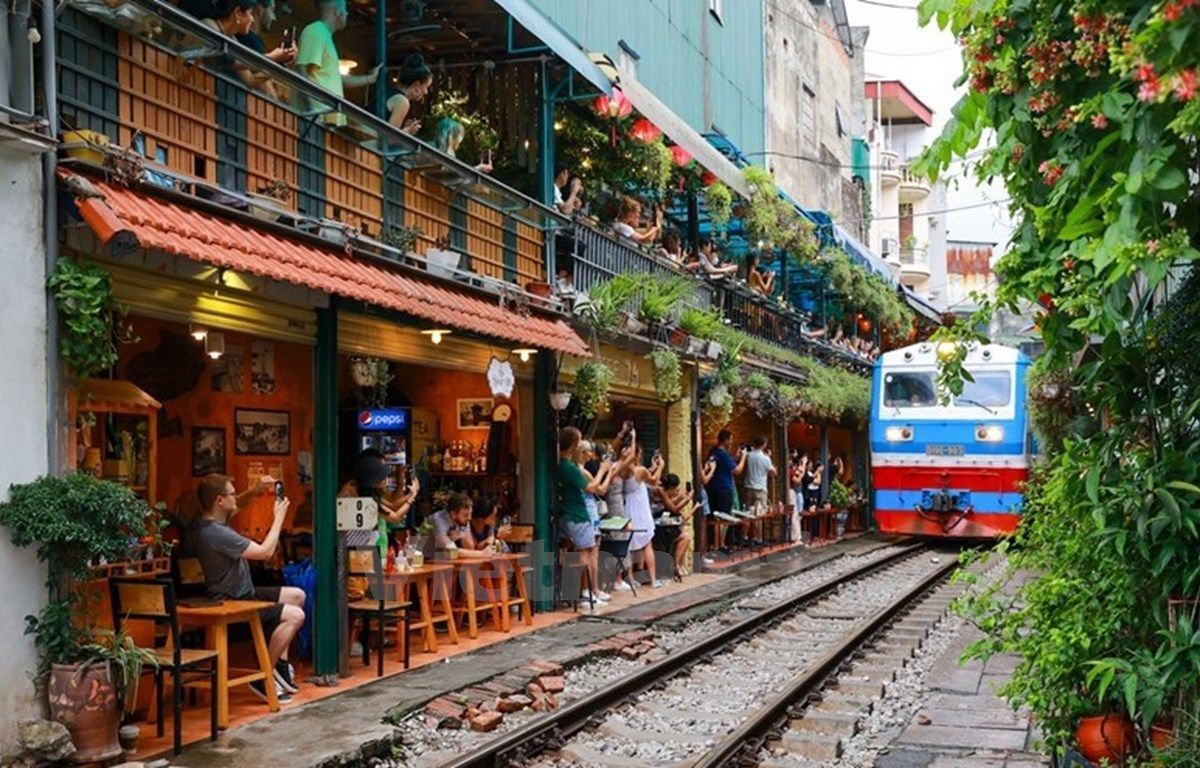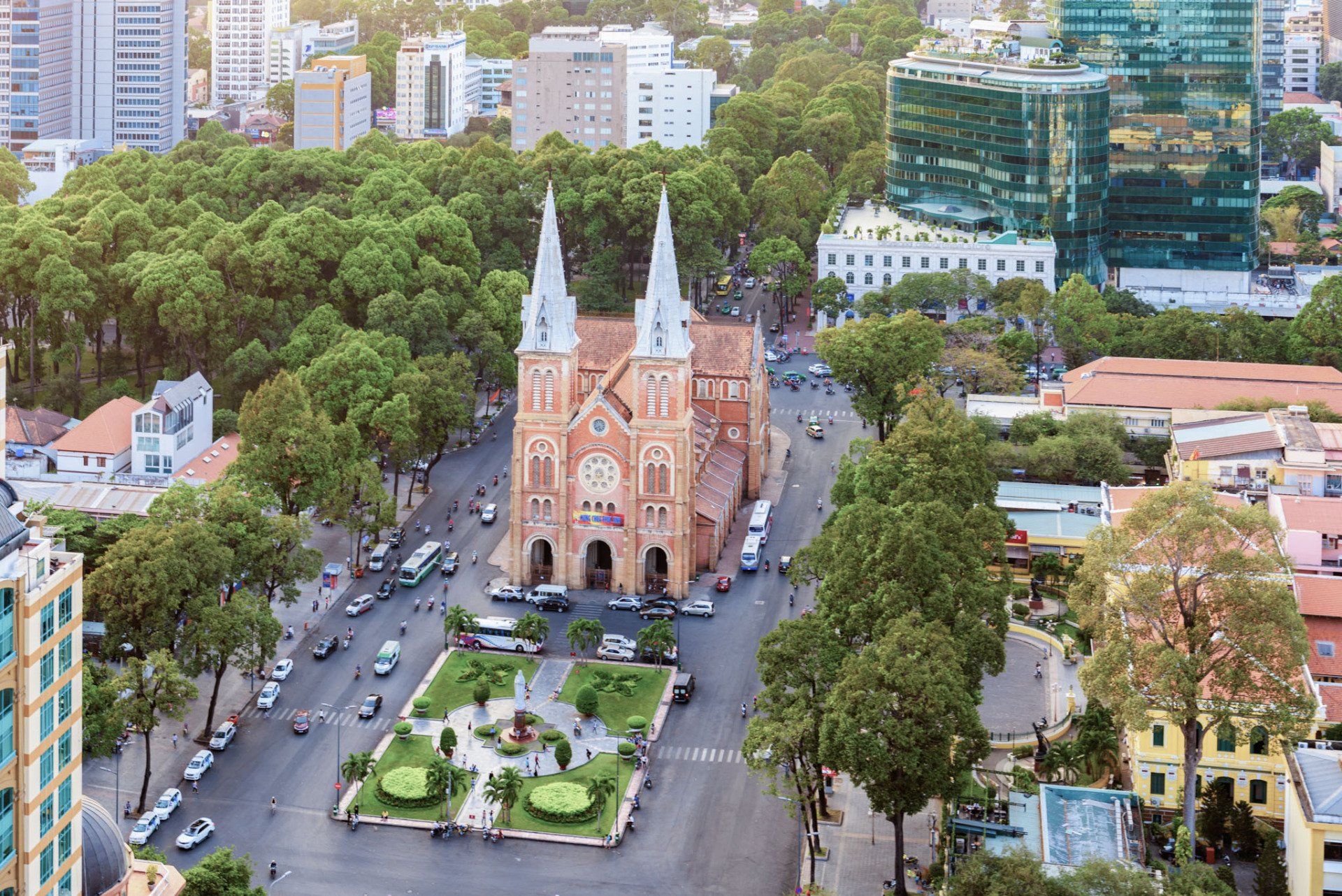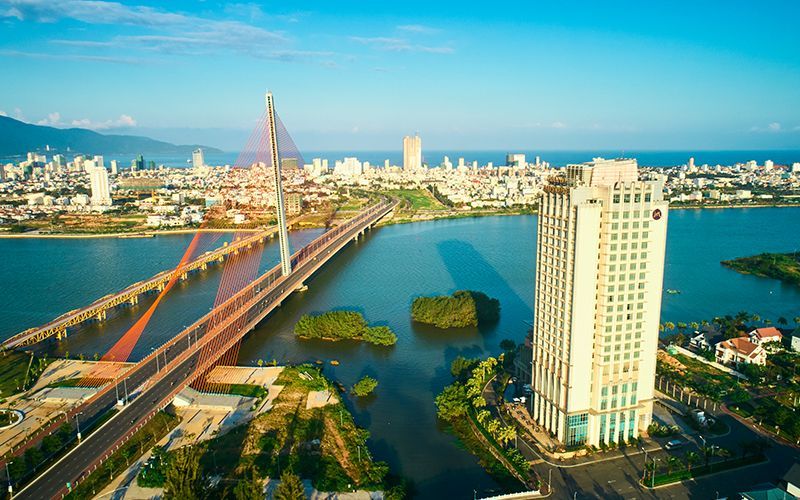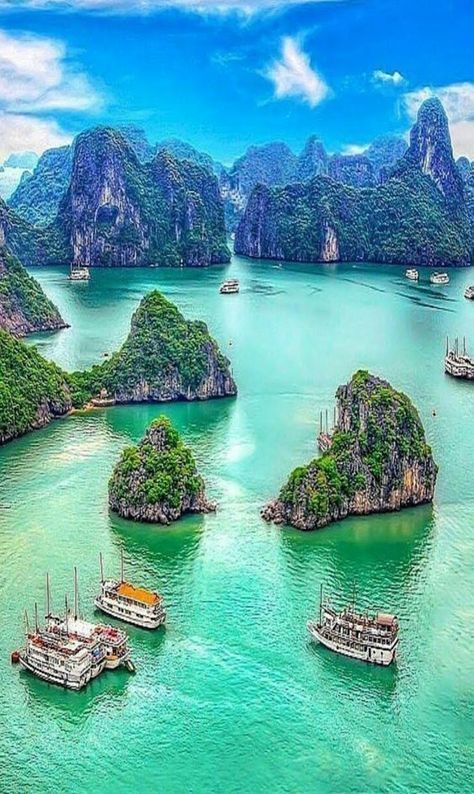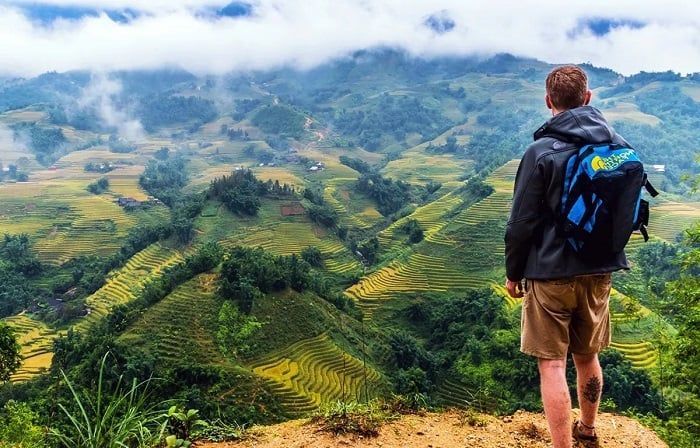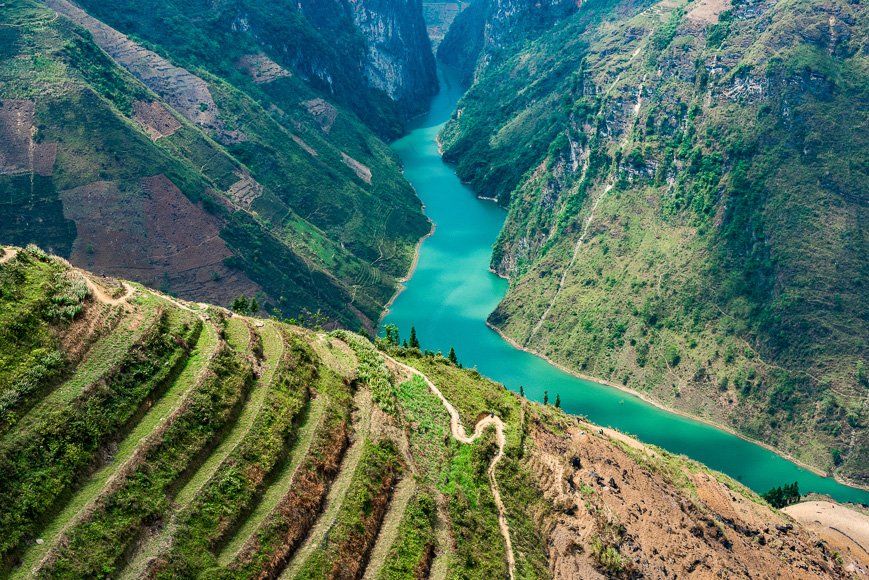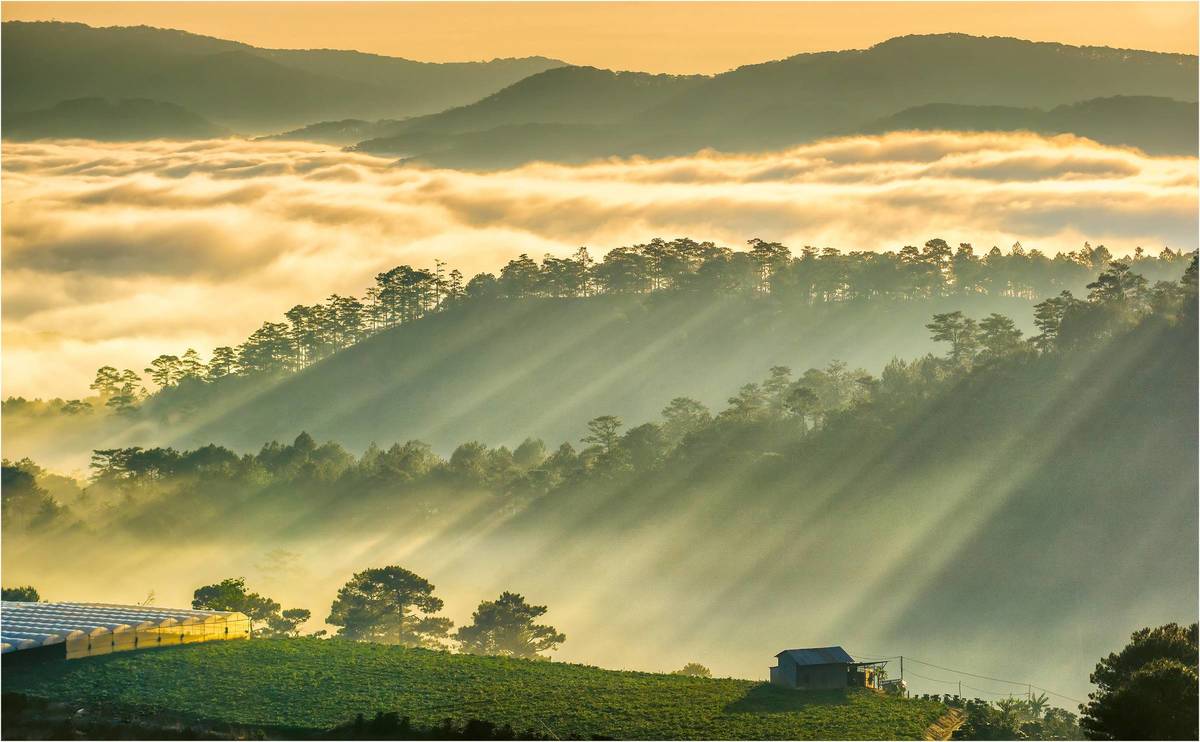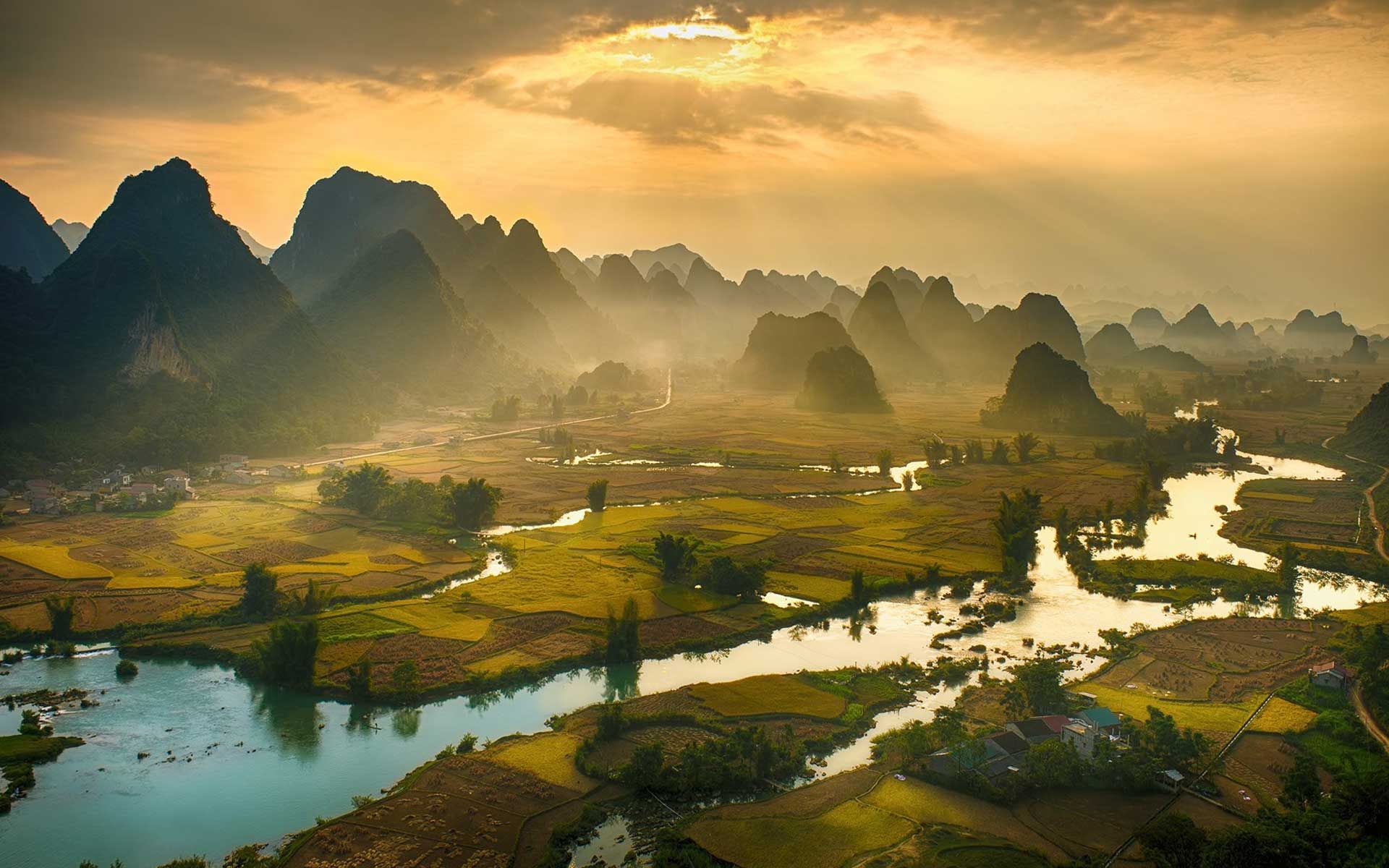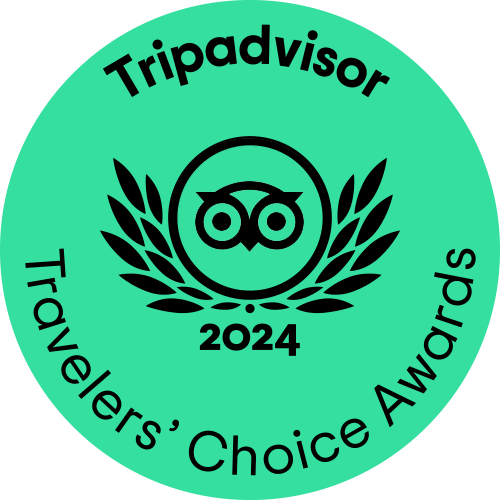Vietnam Public Holiday Days
Everything you need to know, experiences you won’t soon forget on your holiday through Vietnam.
Friends Travel Vietnam the Travel Company Turning Travellers Into Friends Since 2013
Travel packages, private tours, group tours
24/7 Support
Lowest Price Guarantee
Thousands of Reviews
Vietnam Public Holidays Days 2025-2026
The 6 Most Important Public Holidays of Vietnamese People
Same like other countries, Vietnam has several public holidays when the workers get their paid annual leave. Before 2007, the total number of days on Vietnamese public holidays was 8. On March 28, 2007, the government decided to add Hung King Commemorations in the list, raising the number to 10. Below are some Vietnam holidays that visitors should know before traveling to Vietnam in order to have better preparation and itinerary for their trips. Important to know is that during those holidays it will be still possible to travel in Vietnam for tourist who visit those periods, however planning in advance will be advised!
If you have any questions for help needed to plan your trip,
please feel free to contact us
Calendar 2025
- Wed, Jan 1, 2025 New Year Holiday - 01 Day
- Tue, Jan 28, 2025 to Mon, Feb 3, 2025 : Lunar New Year
- Mon, Apr 7, 2025: Hùng Kings' Festival - 02 Days
- Web, Apr 30, 2025: Reunification Day - 01 Day
- Thu, May 01, 2025: International Labor Day - 01 Day
- Tue, Sept 02, 2025: Independence Day - 01 Days
Calendar 2026
- Thu, Jan 1, 2026 New Year Holiday - 01 Day
- Mon, Feb 16, 2026 to Fri, Feb 20, 2026 : Lunar New Year
- Sun, Apr 26, 2026 to Mon, Apr 27, 2026 : Hùng Kings' Festival - 02 Days
- Thu, Apr 30, 2026: Reunification Day - 01 Day
- Fri, May 01, 2026: International Labor Day - 01 Day
- Wed, Sept 02, 2026: Independence Day - 01 Days
International New Year’s Day – The First Public Holiday in Vietnam
Like other modern cultures of the world, Vietnamese people celebrate International New Year’s Day on the first of January as one of the main Vietnam holidays. The day marks the transition from the old year to the New Year. The history of New Year dates back to the 18th century when Vietnam was under French colonization. The day has gradually been accepted by local people. Nowadays, people often have a day off and say farewell to the past year and welcome a new one. Coming to Vietnam on this public holiday, the weather is so pleasant and suitable for outdoor activities. Also, there are lots of special programs broadcasted on the TV or countdown parties in big cities.
Time: 1st of January every year - 1 day
Purpose: Say farewell to the previous year and welcome a new one
Activities: Travel, hang out, party:
Tet Holiday – One of the Most Important Vietnam Public Holidays
Tet holiday is among the most important festivals in Vietnam, which often falls on the first three days of Lunar New Year (or between late January and early February observed by Gregorian Calendar). Workers and students often have one week off to celebrate the festival. Visiting Vietnam on this public holiday, you will see the streets decorated with various kinds of vivid lights and flowers like peach or apricot blossom, kumquat trees, tulip, and daisy flowers. People clean their houses, streets and prepare lots of food with the hope that they will achieve prosperity, happiness, and wealth in the following New Year. The peaceful air and uncrowded street with some festivals around Tet would be perfect for travelers coming to Vietnam this time.
Date: 28st of January 2025 (7 days+)
Date: 16st of February 2026 (7 days+)
Purpose Welcome a new better year
Activities Travel, party, visit friends and relatives
Hung King Festival – One of the Most Sacred Holidays in Vietnam
The Hung King Temple Festival is held between the 8th and the 11th of the third lunar month in honor of Hung King, who was the founder of the Hong Bang Dynasty in 2879 BC. The festival is taken place on Nghia Linh Mountain, Phong Chau District, Phu Tho Province, which is about 85km to the northwest of Hanoi. The ceremony may last for several days, but the most important day is the 10th. People start the ceremony at the foot of the mountain and finish at small temples before reaching the High Temple. The pilgrims often incense to their ancestors and wish the best things.
Date: April 7, 2025 - 2 days
Date: April 26, 2026 - 2 days
Purpose: Worship ancestors
Activities: Pray and worship
Liberation Day/ Reunification Day
On the 30th of April every year, Vietnamese people all around the country celebrate the reunification of the country, which dates back to 1975 when the north and the south reunify into one: one country, one politics. A week during the holiday, in big cities of Vietnam like Hanoi, Hue, Da Nang, Sai Gon, the streets are full of neon lights, red flags, and colorful banners. There might be some parade or national live show as well. The biggest ceremony is held in Ho Chi Minh city with the participation of thousands of people; thus, you must come early to take part in this activity.
Date: April 30th 2025 - 1 day
Date: April 30th 2026 - 1 day
Purpose: Celebrate the reunification between the north and the south of Vietnam
Activities: Parade, visit historic sites
International Labor Day/ May Day
Like the other 80 countries around the world, Vietnam also celebrates Labor Day, which is right after Reunification Day. As a result, the two big days are combined into one and workers often enjoy 2-4 day-offs. On this occasion, offices like government institutions, banks, or schools are closed but services for tourism are still available. Vietnamese people may come back to their hometowns or go on travel. This is an ideal time to visit as the weather is favorable and there are lots of activities and ceremonies for locals and foreigners.
Date: 1st of May, 2025 - 1 day
Date: 1st of May, 2026 - 1 day
Purpose: Celebrate the international labor movement
Activities: Tourism for Vietnamese
Vietnam National Independence Day
On the 2nd of September 1945, President Ho Chi Minh read the Declaration of Independence at Ba Dinh Square in Hanoi, declared the freedom of Vietnam from the enemies. From that moment, Vietnamese people celebrate this meaningful day. On the street, the music is on; red flags, banners, flowers are decorated and people seem to be more happy and excited when thinking about freedom. There are a variety of activities for both locals and foreigners to participate in such as contemplating the fireworks, watching the long, magnanimous parade and march, or paying a visit to the Ho Chi Minh Mausoleum.
Date: The 2nd of September, 2025 - 2 days
Date: The 2nd of September, 2026 - 2 days
Purpose: Celebrate the Independence and Freedom Vietnam
Activities: Visit historical sites, watch firework, hang out
How Holidays Impact Travel Plans
- Transportation spike: Expect busy travel (called chunyun) as millions return home—buses and trains book out fast
- Closed services: Banks, government offices, and many smaller shops shut during Tet’s first days. Have enough cash as ATMs and services might be offline
- Prices surge: Flight and accommodation costs usually rise in the week before and during Tet.
- Local experience: Cities may feel quieter post-Tet with locals gone; tourism venues slowly reopen (~3 days after Tet)
Best Times to Travel Around Holidays
Recommended travel periods:
- Before Tet (mid‑Jan): Lower rates, but travel demand increases.
- Just after Tet (early Feb): Cultural immersion with reopening sites.
- Mid‑year (Apr–Aug, non-holiday months): Enjoy beautiful weather and cultural festivals like
Mid-Autumn Festival without major closures
Avoid: Holiday peak days (e.g., Jan 29, Apr 30–May 1) to reduce crowds and price hikes.
Top Destinations to Visit During Holidays
Also explore our internal guides:
Frequently Asked Questions
Travel Tips & External Resources
- Immigration & visas: Avoid holidays for visa processing—it’s halted during public breaks
- Safety: Vietnam remains safe for tourists year-round—follow local guidance and enjoy secure infrastructure
- Culture: Reading up on Tet customs helps you connect with locals and experience traditions respectfully
Plan Your Trip Smartly
- Book early: Reserve flights & hotels by November/December for Tet and early September for National Day.
- Pack cash for holidays—they’re indispensable during Tet.
- Stay updated via local news or your embassy—closures and schedules can adjust.
Hopefully, this guide equips you with everything you need to enjoy Vietnam’s vibrant celebrations and seamless travel in 2025.
Let me know if you'd like help with specific destination guides or itinerary planning!
